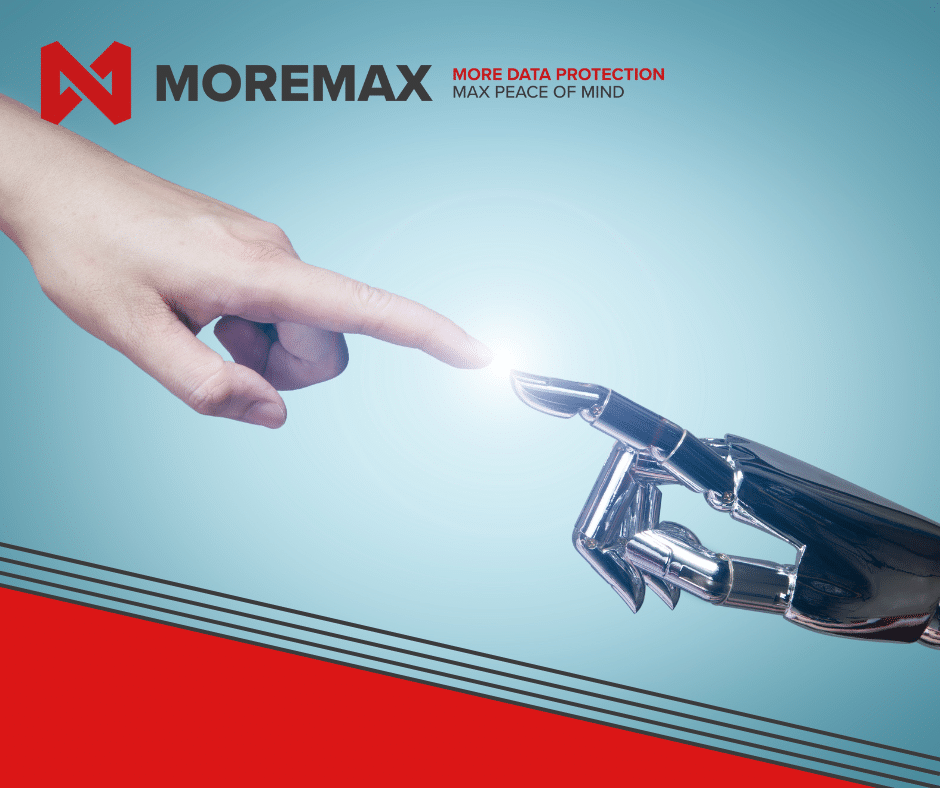
Artificial Intelligence (AI) is slowly, but surely transforming the workplace, bringing with it new and improved ways of working and increased productivity. As AI assistants such as ChatGPT continue to cause a sensation, a survey by Microsoft of over 3,000 people has found that the vast majority of workers want more help from artificial intelligence to automate mundane daily tasks.
What is AI you may ask? AI or Artificial Intelligence is defined as the ability of machines to perform tasks that typically require human intelligence, such as visual perception, speech recognition, decision-making, and language translation. It has become a ubiquitous part of modern life and is now being applied in a wide range of industries, from finance to healthcare, retail, and manufacturing.
One of the key benefits of AI in the workplace is the ability to automate repetitive and manual tasks, freeing up employees to focus on more valuable and creative work. This can help companies to increase efficiency, reduce costs, and improve their bottom line. For example, AI algorithms can be used to analyze vast amounts of data to identify patterns and trends, helping businesses to make informed decisions. It can also help companies to automate tasks such as customer service, reducing response times and improving customer satisfaction.
In addition to automation, AI is also changing the way we work by providing us with new and improved tools. For example, AI-powered virtual assistants can help us to manage our workload, schedule appointments, and even find information for us. AI-powered project management tools can help teams to collaborate and communicate more effectively, and AI-powered chatbots can help customers to find the information they need quickly and easily.
However, despite the many benefits of it in the workplace, there are also some challenges and concerns. One of the biggest concerns is job loss. As it takes over many routine and manual tasks, there is a risk that some employees may become redundant. It is important for companies to address this issue by investing in employee training and upskilling programs to help employees transition to new roles.
In essence, regulators and states must step up to carefully inspect, regulate, or in some cases halt the use of AI systems that are being used to provide essential services to people. As countries including India continue to develop their regulatory and governance frameworks for AI, they may have to consider whether certain applications of AI should be banned in their entirety, including its use in deploying welfare schemes.
It is thus concluded that although you might think that AI is in its infancy, it is there and ready to run a marathon, if you allow it to show off its revolutionary abilities and capabilities, transforming industries and improving our daily lives.





Related Posts